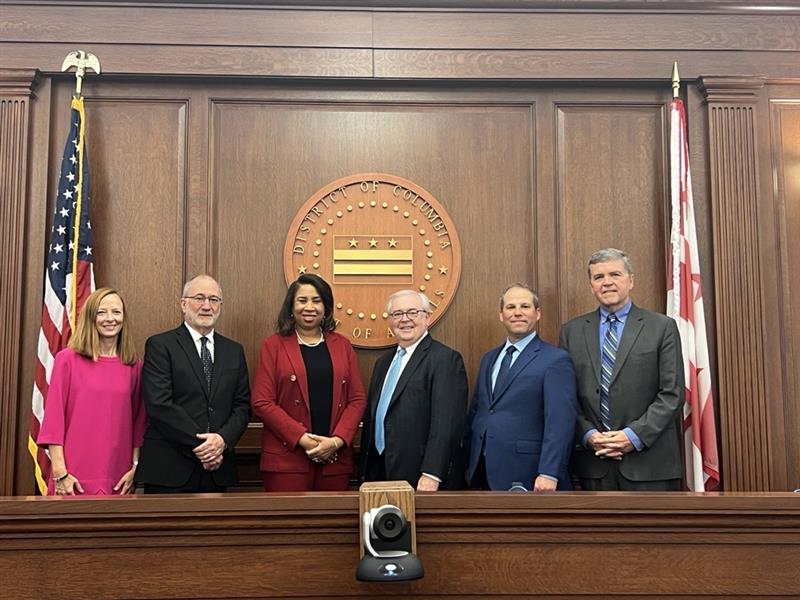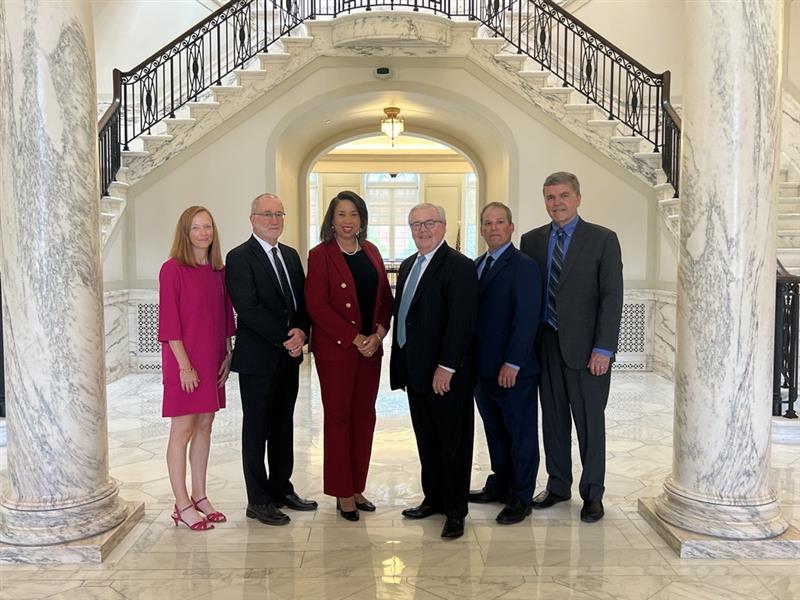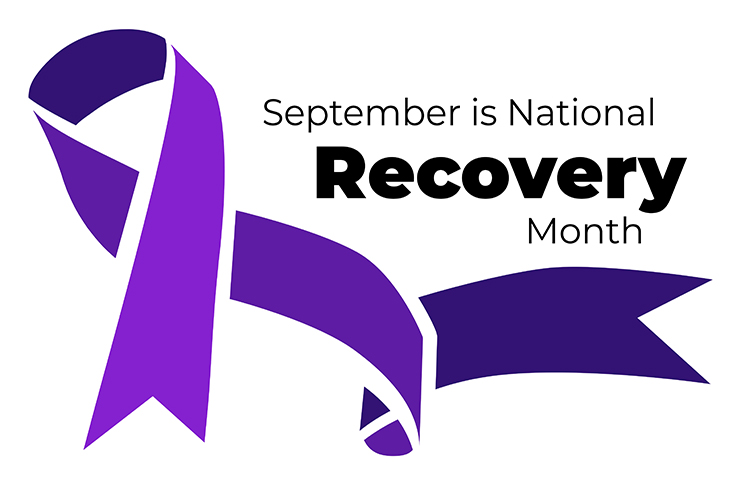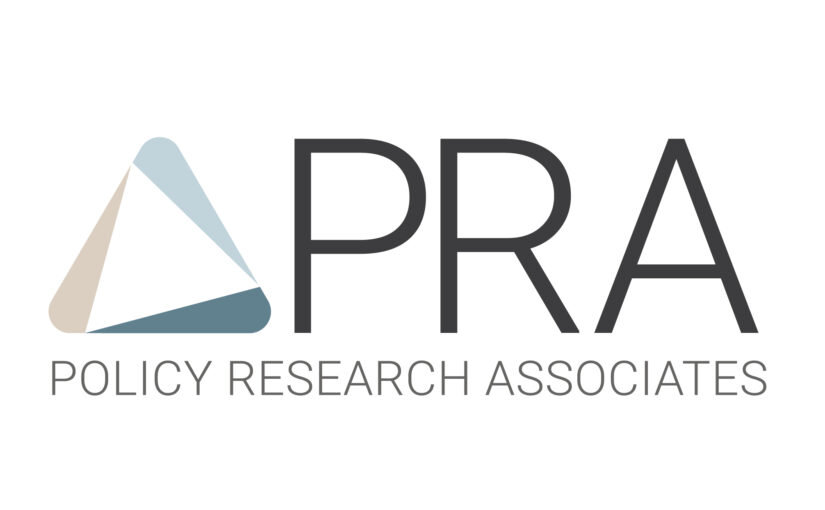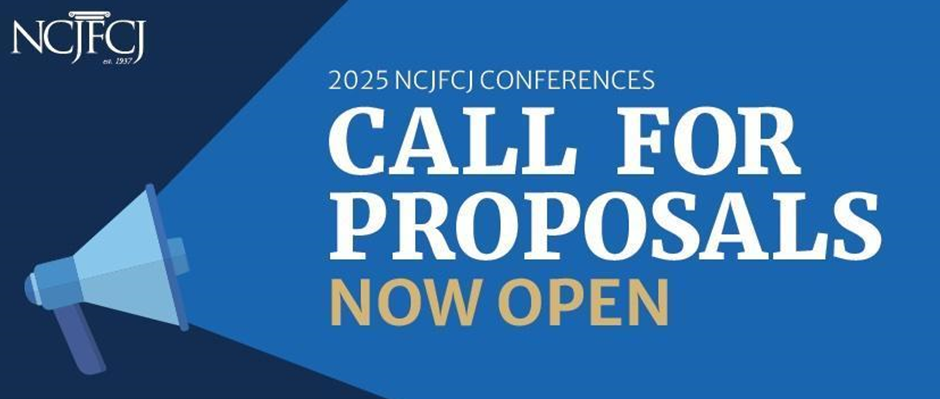Upcoming #Webinar! Court Navigation Programs: Providing Connections and Support Across the Legal and Behavioral Health Systems
Date: Friday, September 27th, 2024, at 1:00PM EST.
State Justice Institute‘s, Michelle White, will be presenting.
In this webinar, researchers from Policy Research Associates, Inc will share findings from a three-year study of court navigator programs located across the United States. Researchers completed a national scan of court navigator programs, conducted site visits to five programs, and interviewed nearly 100 people who were involved with these programs in various capacities. Researchers will summarize findings across programs regarding the structure, daily workflow, lessons learned, and reported benefits of court navigator programs. A special emphasis will be placed on the role of court navigators in providing connections to behavioral health services in the community. The webinar will include a panel discussion featuring court navigators and will conclude with an audience Q&A.
Presenters:
Dr. Samantha Zottola, Senior Research Associate, Policy Research Associates, Inc
Brandon Morrissey, JD, Research Assistant, Policy Research Associates, Inc
Isolynn Massey, Research Assistant, Policy Research Associates, Inc
Dr. Sarah Desmarais, President, Policy Research Associates, Inc
Dr. Elan Hope, Vice President, Policy Research Associates, Inc
Michelle White, Senior Policy Advisor, State Justice Institute and the Bureau of Justice Assistance
Luther Archer, LPC, CPSC, Court Clinician, Chesterfield VA
Nicholas Bolet, Court Navigator, Buncombe County, NC
Dani Tirjan-Whittemore, Criminal Justice Liaison, TN
Register here: https://prainc.zoom.us/meeting/register/tZEpfumtqDsiGdIP9tkDl_xvS-2Cp0Za75Na#/registration
